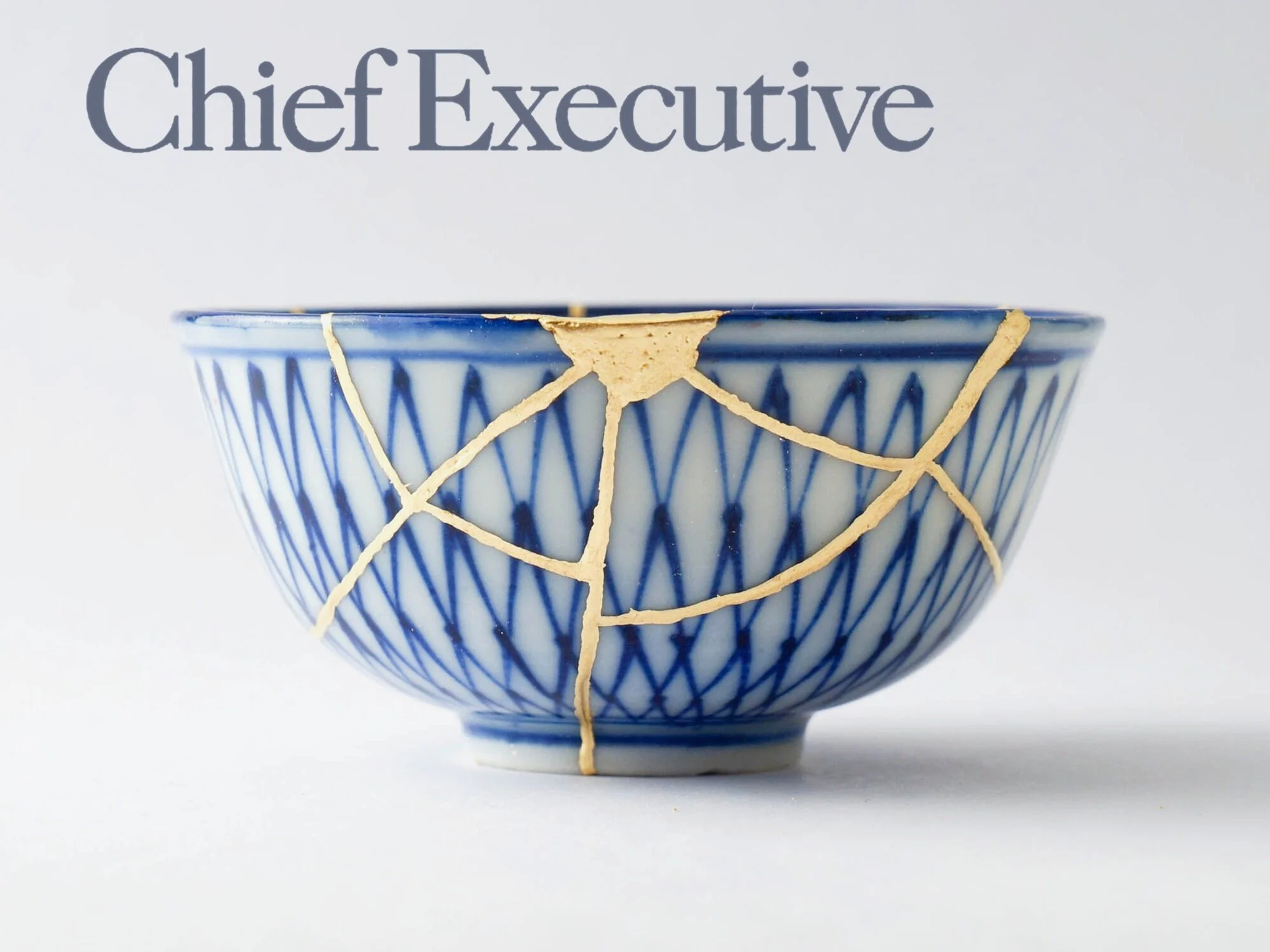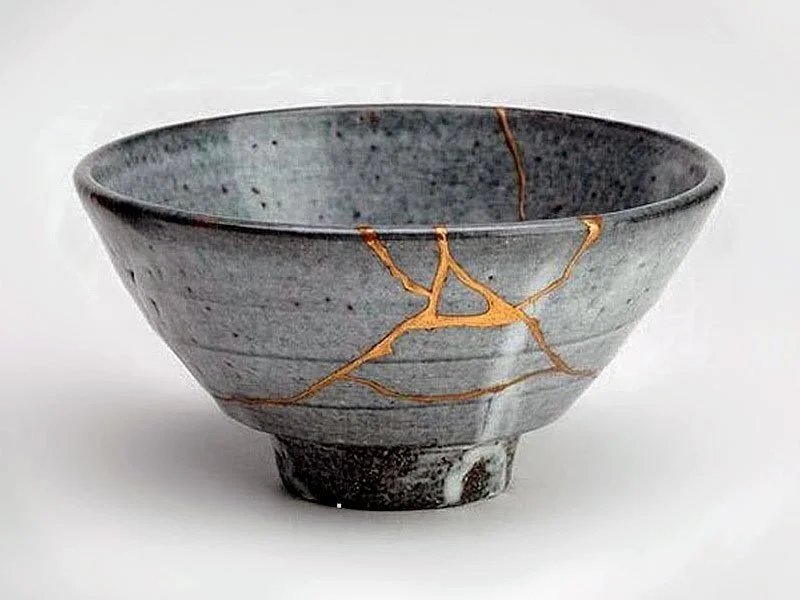What CEOs Can Learn From The Primaries
Those who have suffered personal hardships often have greater empathy and sincerity—and they are better poised to lead.
Originally published in Chief Executive - March 2020
In the midst of several serious global threats, a broad coalition of Democratic voters have been casting their ballots for Joe Biden, who is steadily advancing his delegate lead, furthering his chances of winning the party’s nomination for President. While voters support Biden for a variety of reasons, many have been moved by the tremendous personal loss that has bracketed his life.
Those well-documented tragedies - and how he responded to them (taking the Amtrak home to his family every night, deferring a 2016 Presidential run) - have come to largely define Biden in the public’s imagination. Despite gaffes, votes and remarks that have come back to haunt him, he has overwhelmingly been characterized as grounded and wholesome, with pundits often calling him “the most decent man in politics.” In January 2019, POLITICO published a lengthy feature with the headline, “How Grief Became Joe Biden’s Superpower.”
“Significant losses can significantly impact approaches to leading. It’s common for suffering to enhance individuals’ capacity for empathy and sincerity—qualities that build loyalty and set the tone for positive workplace cultures.”
The public’s response to Biden as well as leaders on the other side of the aisle is consistent with what I’ve seen in my 25-years of coaching leaders and advising on human capital issues. Namely, the changes brought on by personal hardship, from cancer diagnoses and deaths to divorces and business failures, can give individuals a leadership edge. Several factors contribute to this phenomenon:
Tragedies expose the human side of all of us, revealing vulnerabilities among even the most powerful and elusive figures. This makes them more relatable and accessible, acknowledgements that can inspire trust and confidence.
Significant losses can significantly impact approaches to leading. It’s common for suffering to enhance individuals’ capacity for empathy and sincerity—qualities that build loyalty and set the tone for positive workplace cultures.
Those who overcome extremely difficult situations can become more adept in how they view and manage risk. Pain, suffering and the associated cognitive dissonance is often instructive, fostering humility and a willingness to defer to others.
These factors can make a real, positive difference in how leaders are perceived, how they communicate, and how they steer and shape organizations. What’s more, their absence can impede one’s success.
It is exceedingly common today for executives to find themselves in the top job with little to no experience with genuine challenges. Smart, educated, capable and driven, they’ve always been good at everything. Life has not yet knocked them down.
I like to refer to such executives as “having everything but a couple of bruises,” as even with every other qualification, the lack of humbling (or shattering) life experience diminishes their capabilities. Accustomed to success, they’ve had no reason to question their own limits. And without any familiarity with serious consequences, they’re not often best positioned to make difficult determinations that affect a company and employee livelihoods.
That doesn’t mean every executive with a charmed life succumbs to outright hubris, but it does limit the perspective they bring to the table. The outcome usually isn’t catastrophic, but a strain on potential—an intangible that causes companies to plateau and keeps leaders good but not great.
Part of being great depends on one’s ability to inspire teams to put in the very hard work nearly always required to achieve lofty goals. Compensation alone doesn’t motivate adequately, especially if people don’t see the humanity in their leaders—the hard-to-define attitude and affect that conveys a person has lived and lost.
I don’t know if Joe Biden will win the Democratic nomination. I don’t know what kind of President he might be. But I am convinced that voters are choosing Biden over his challengers at least partly because his personal losses make him exceedingly human. They recognize that attribute and they trust it. We will soon see how far that trust extends and what he does with it.
Years ago, I became familiar with a Japanese tradition called Kintsugi or the “art of precious scars,” in which a precious metal is used to visibly piece together shards of broken pottery. It thus conveys the message that broken things have value and that there is greater beauty in resilience than perfection.
I, and I’m certain many others, believe this to be true. While no one should strive to be broken, the world will break us sometimes, and the scars that remain are testament to our resilience and will serve as a strength and inspiration to others. And, like Joe Biden taking the Amtrak home to his grieving family, it’s how we respond that matters.
ABOUT THE AUTHOR
Dr. Matt Brubaker is CEO of human capital advisory FMG Leading. An expert in sustainable transformation, his client work focuses on enterprise-wide change initiatives, C-Level development and building high-performing, strategically-aligned executive teams.




